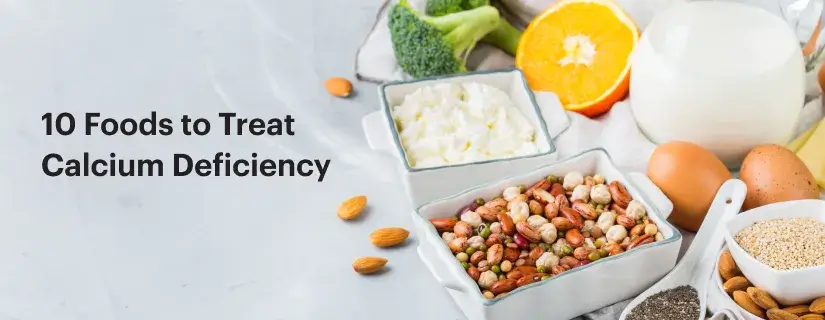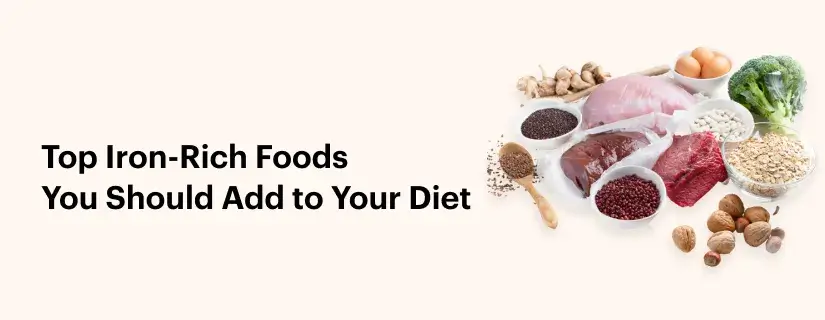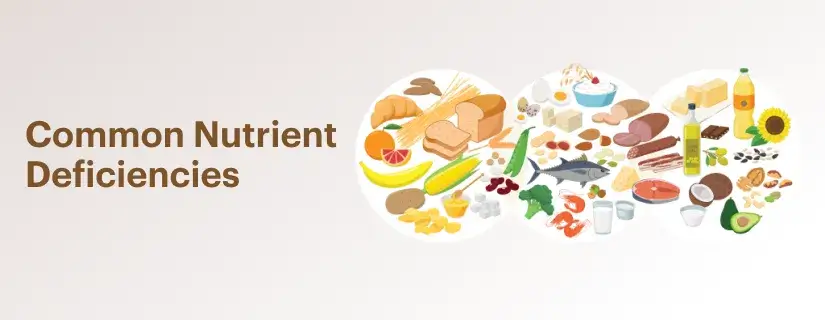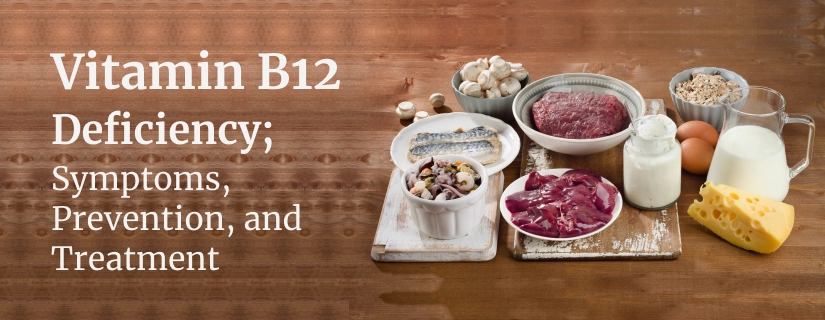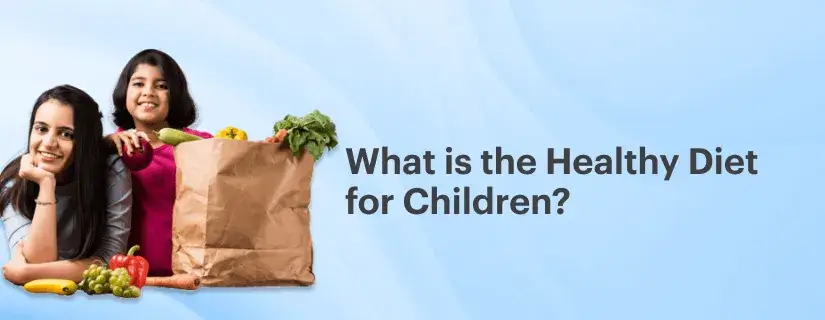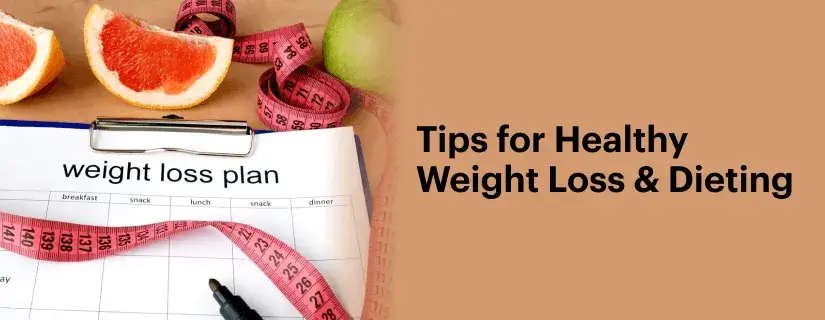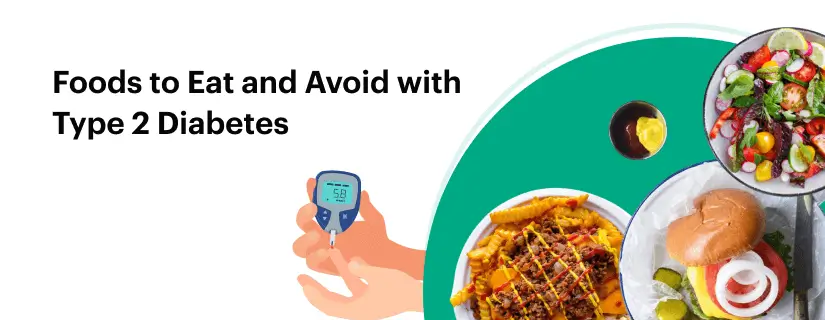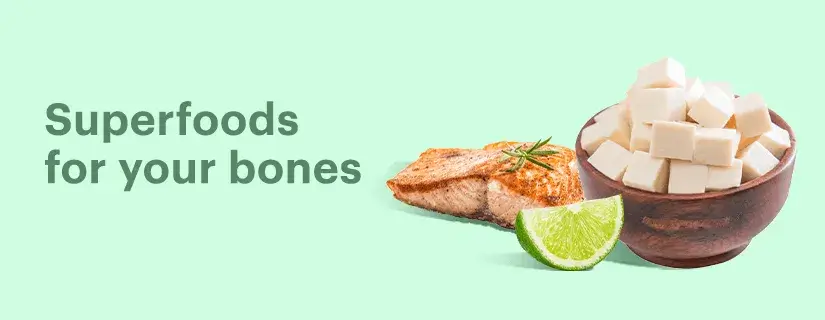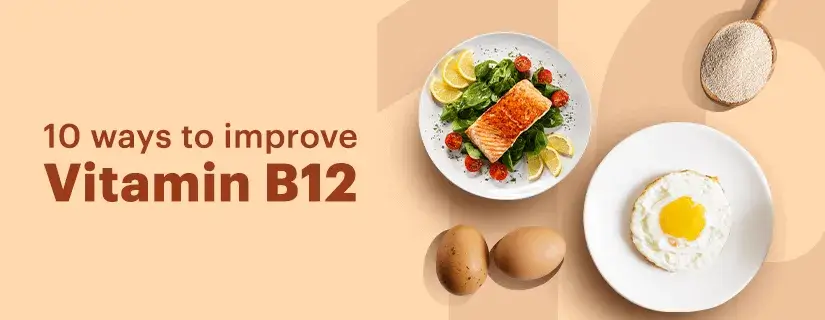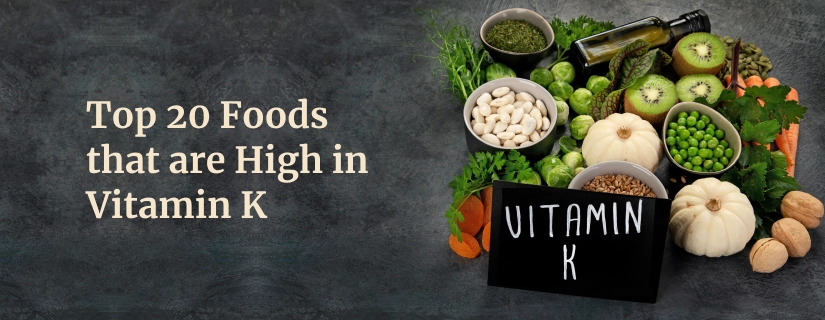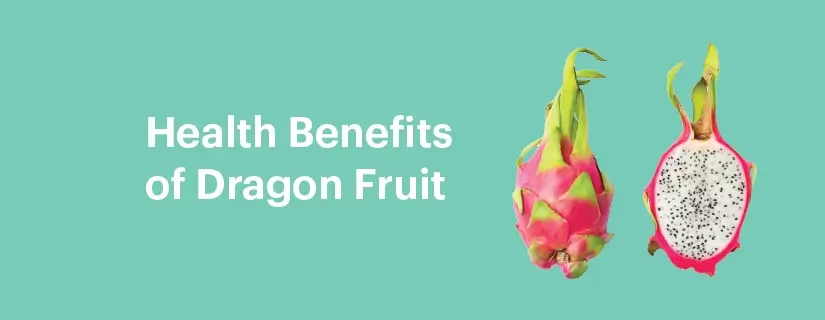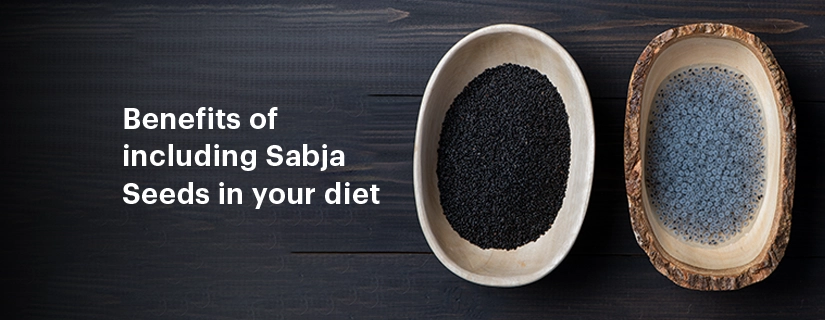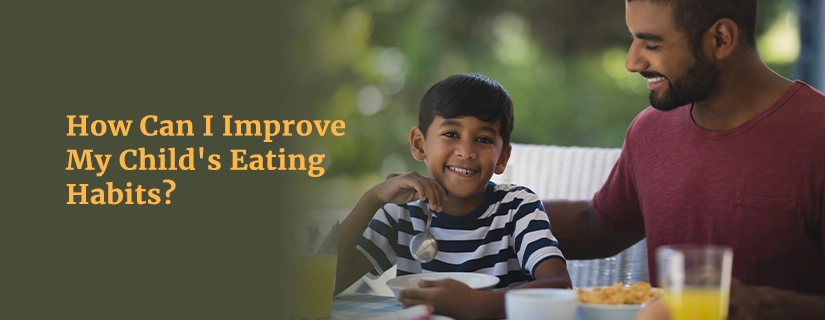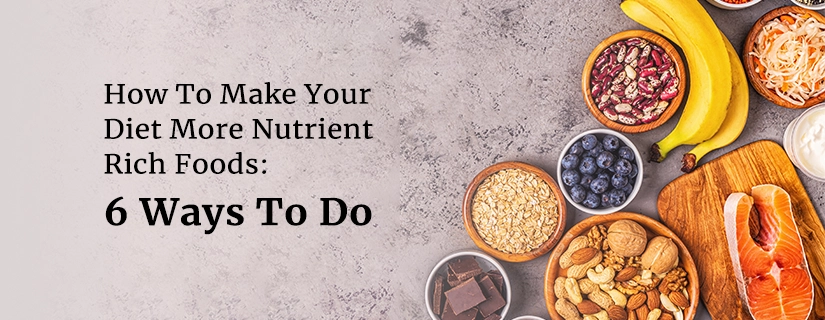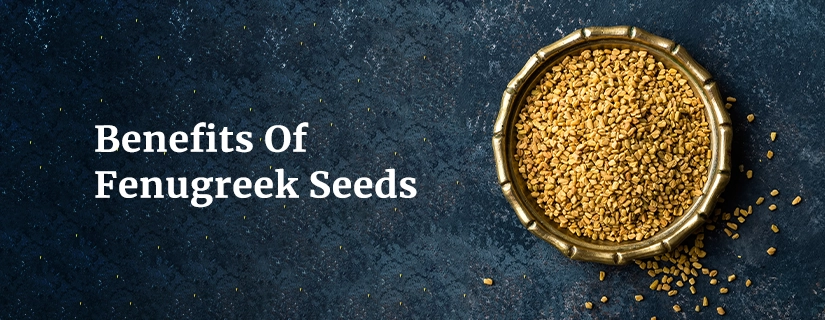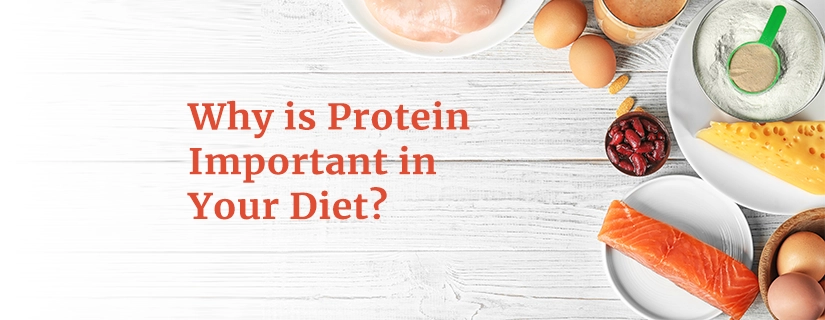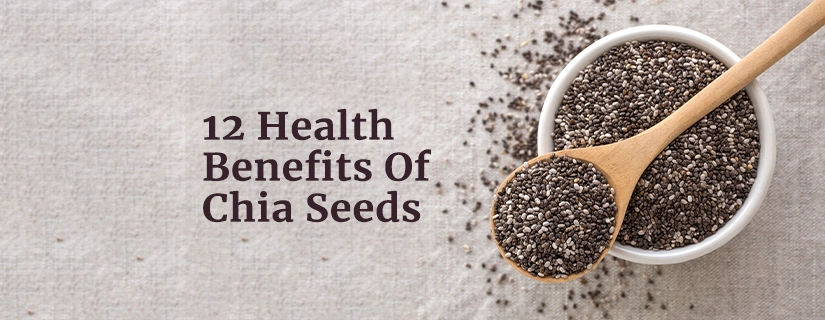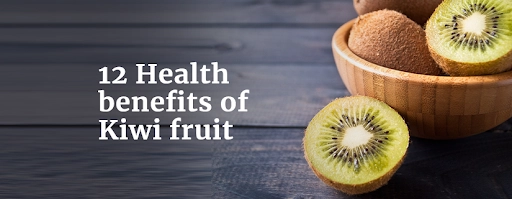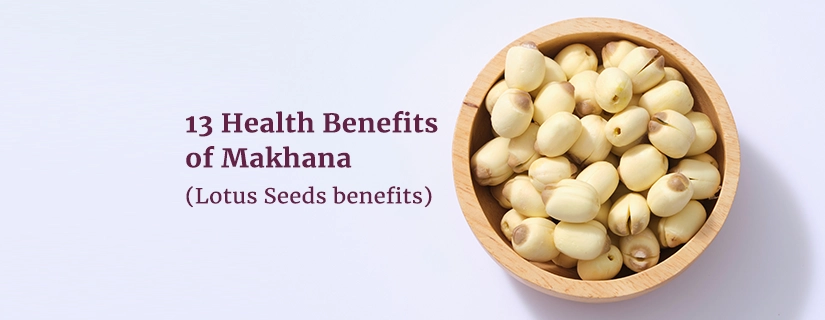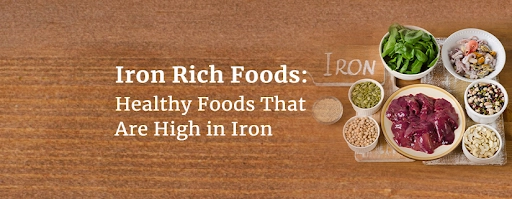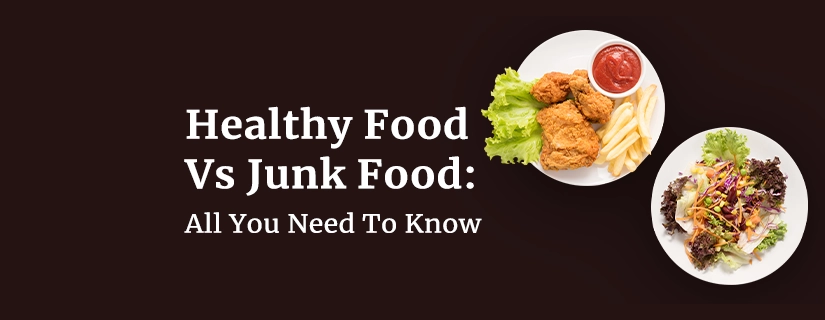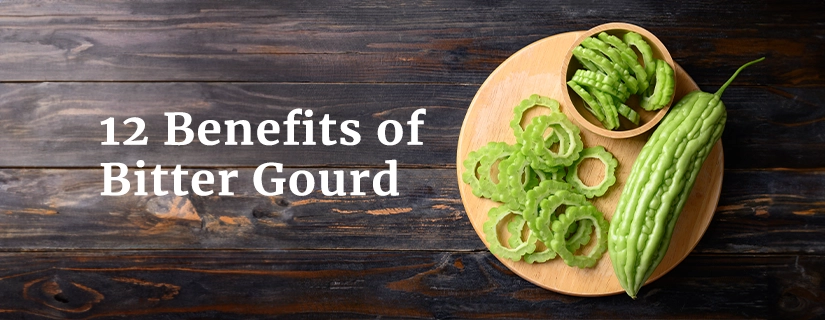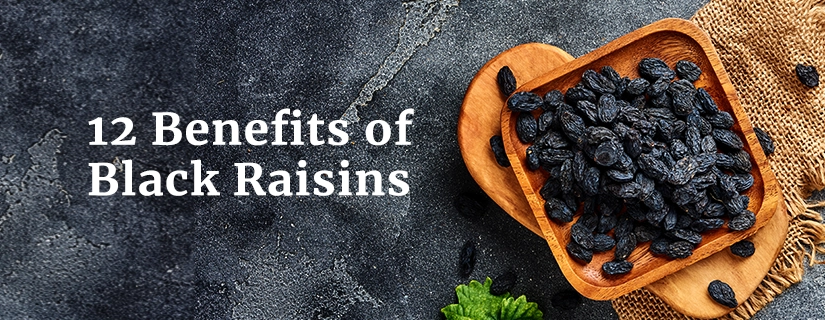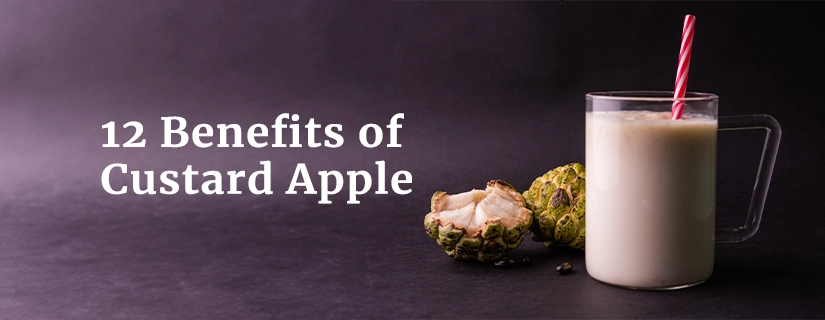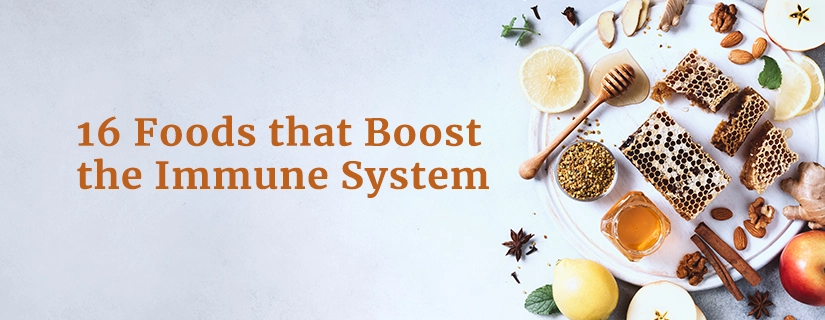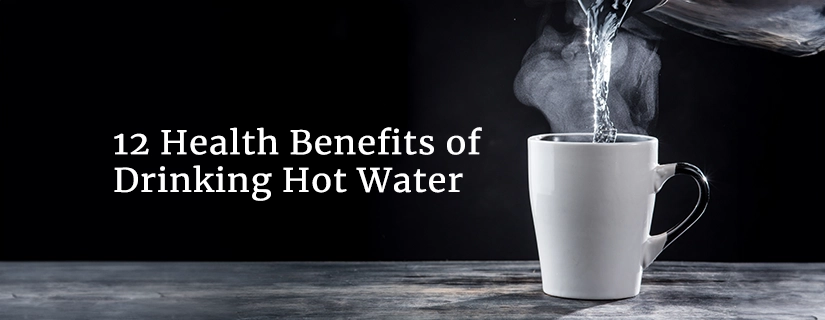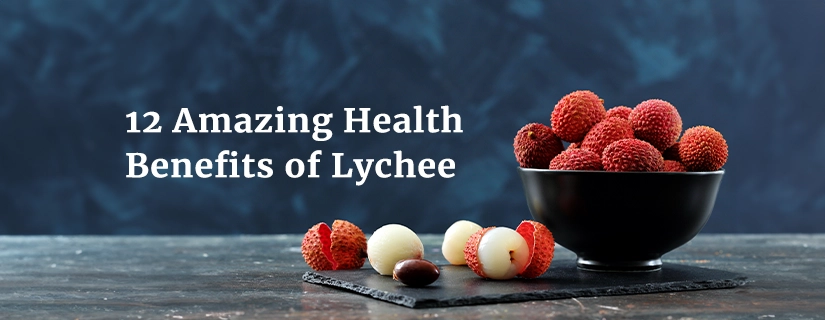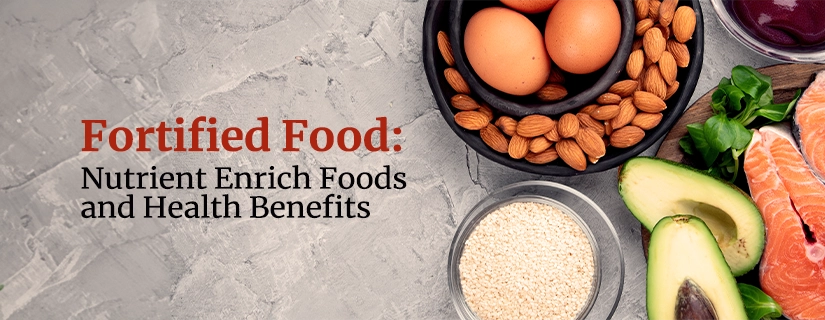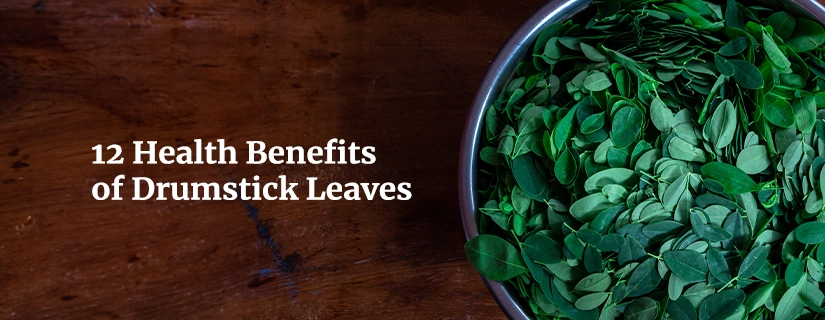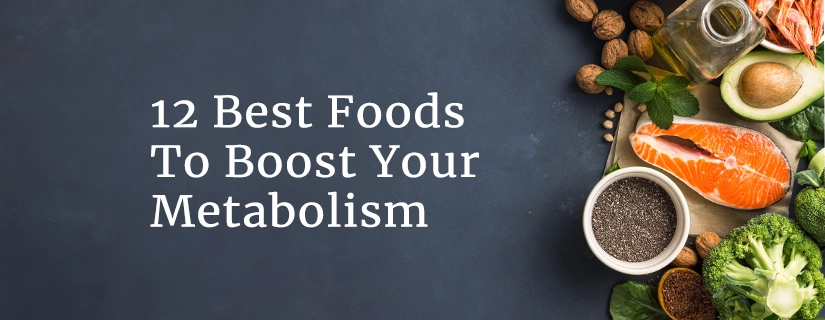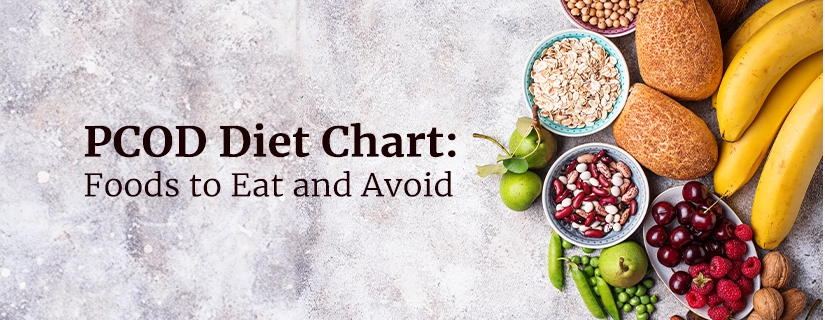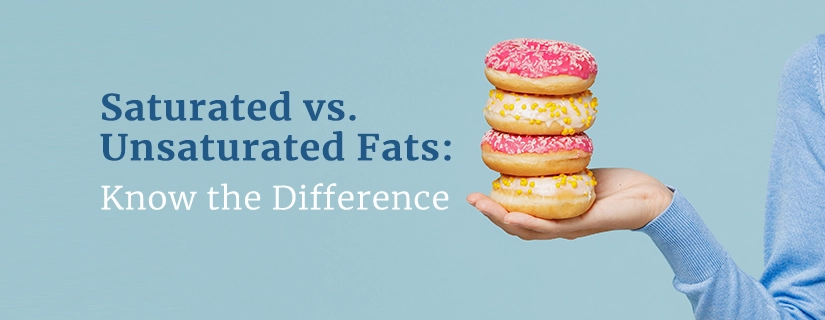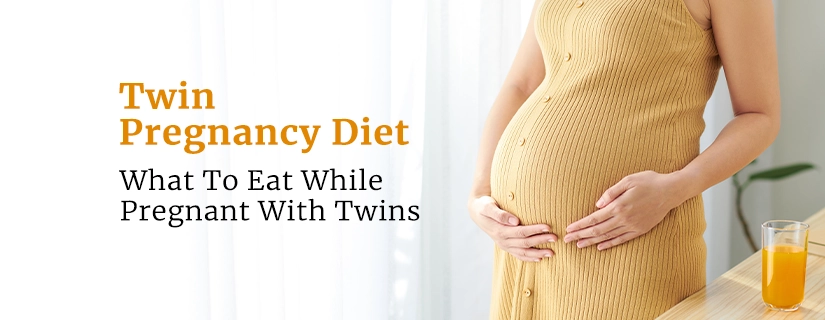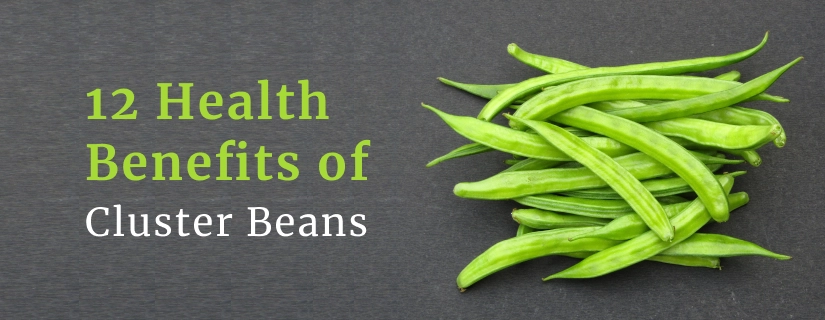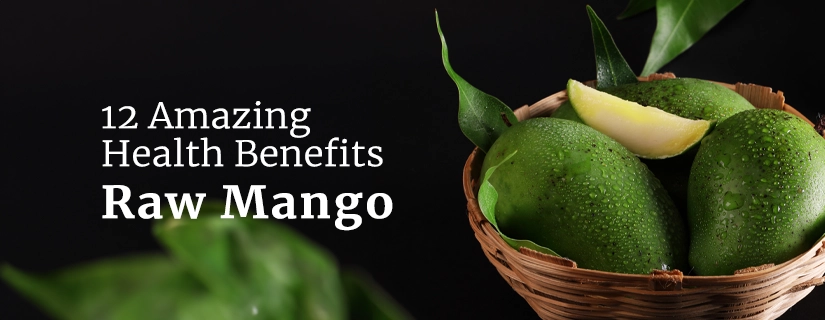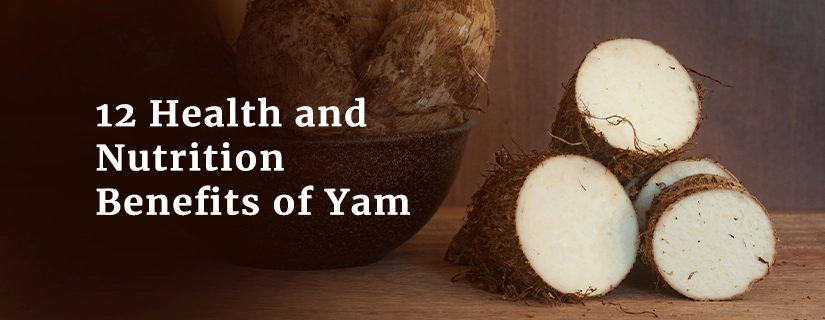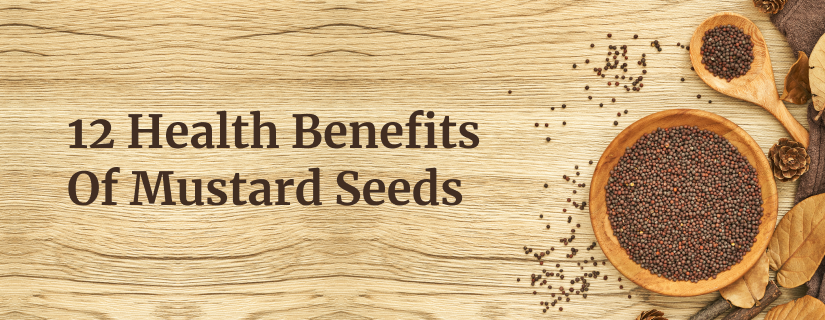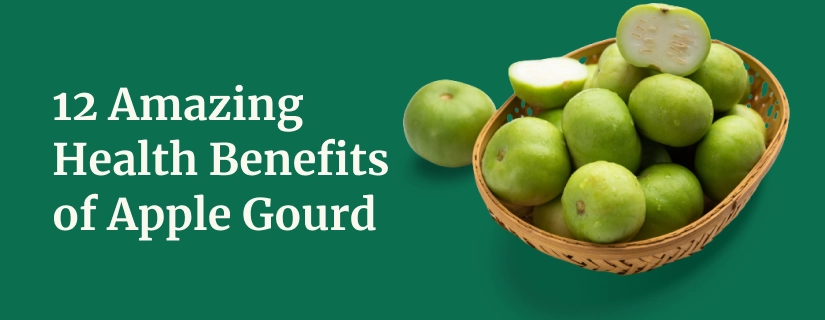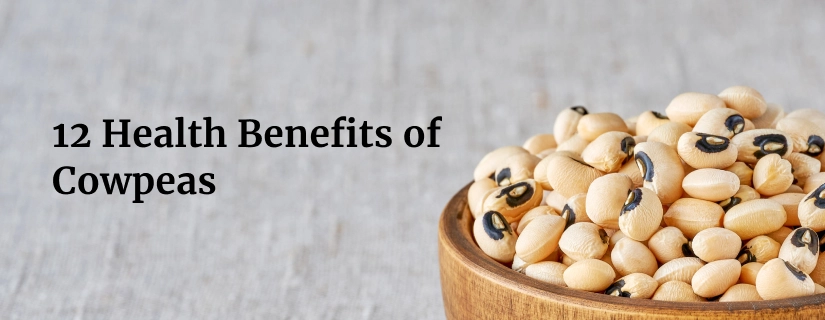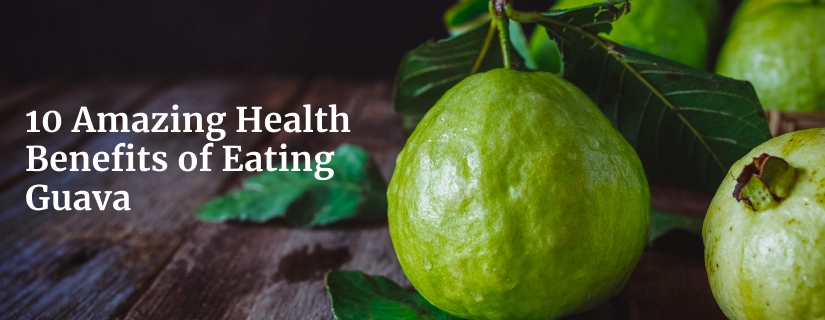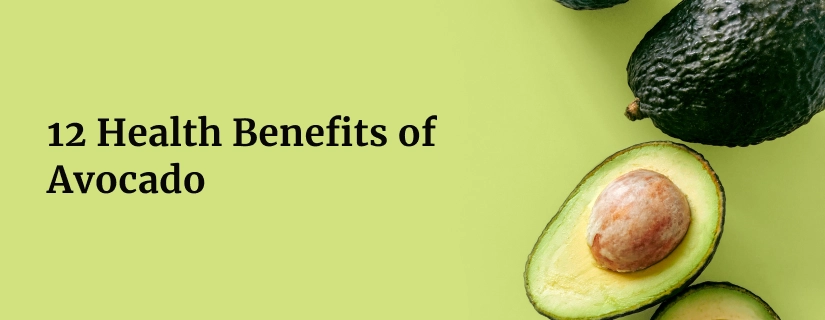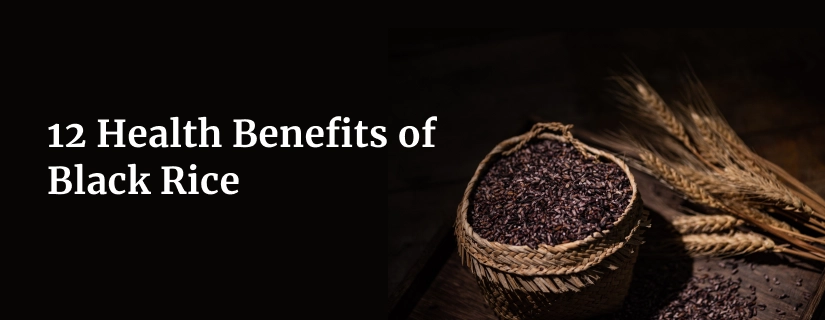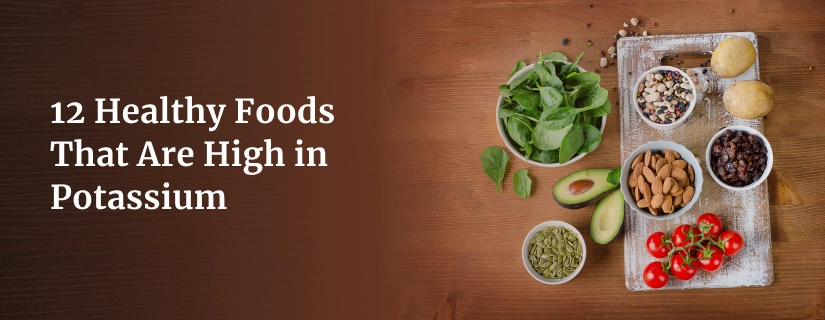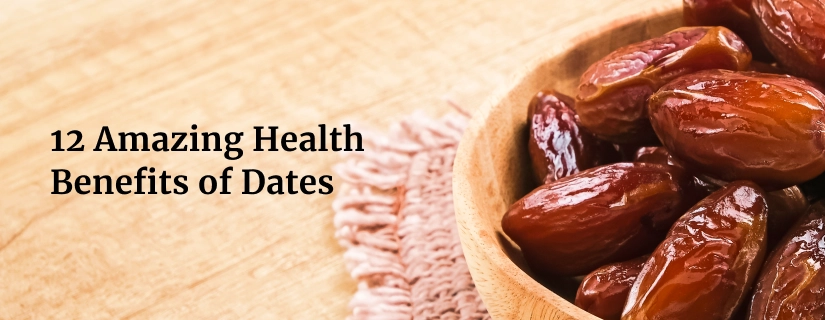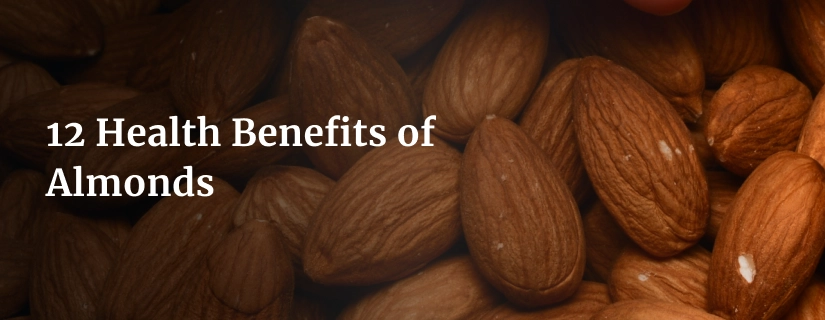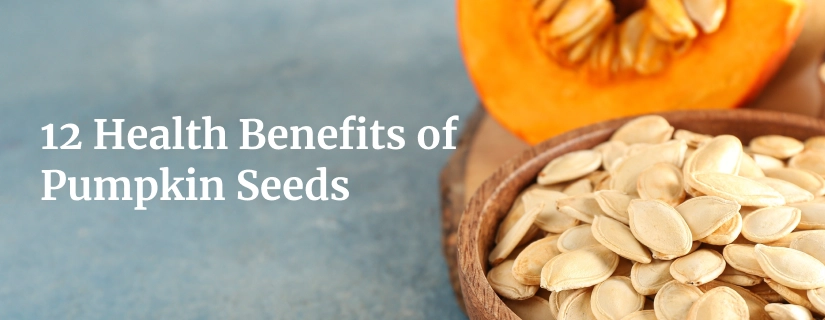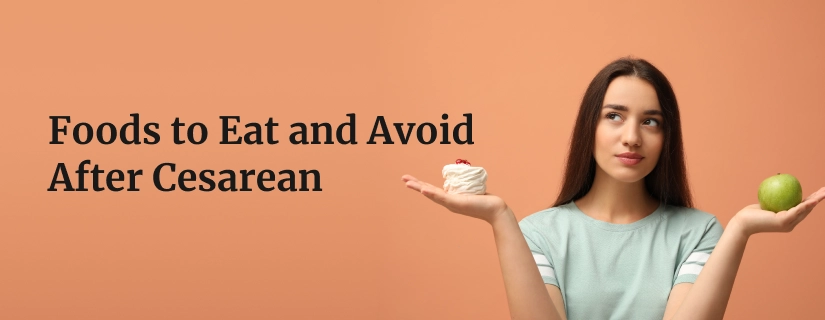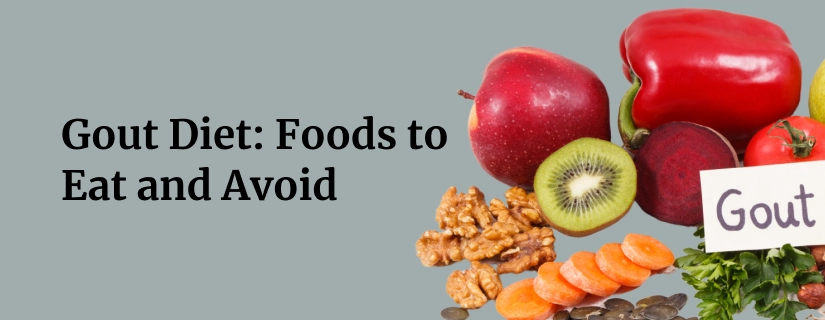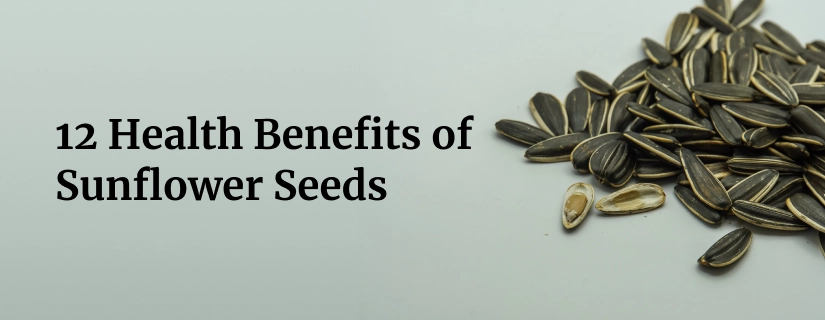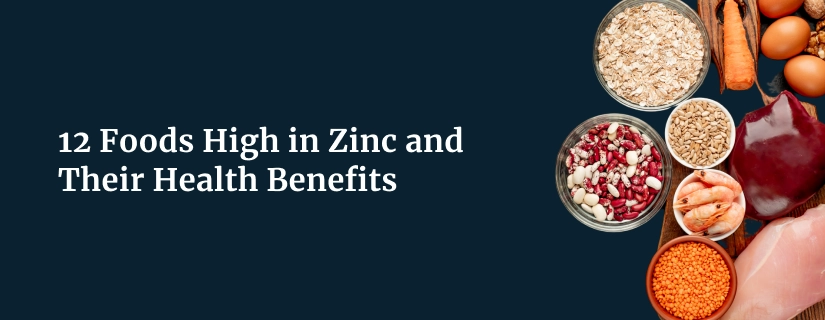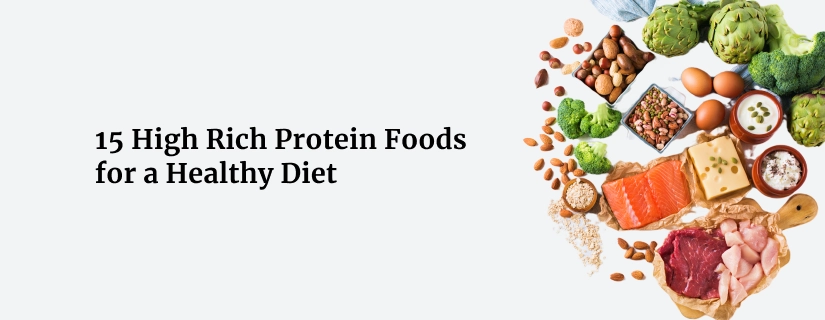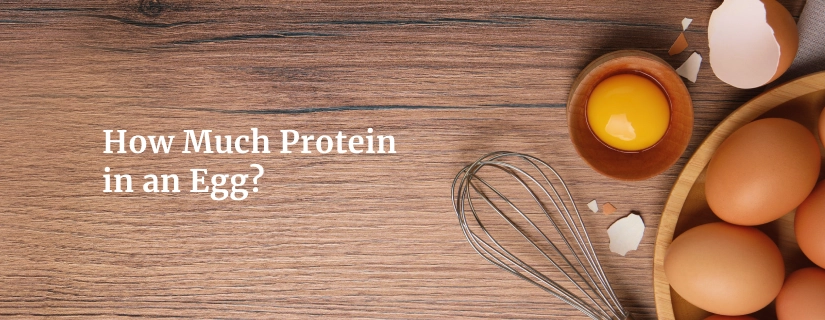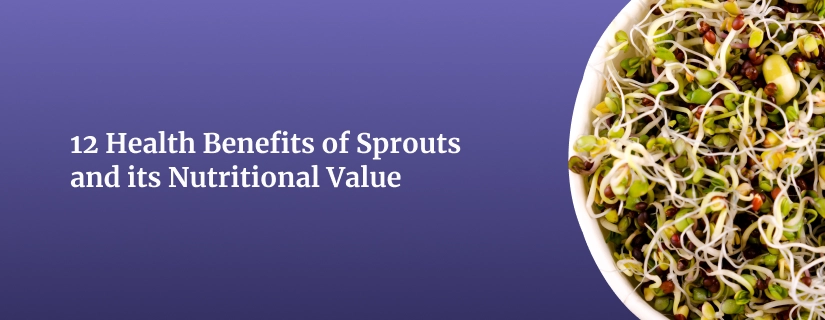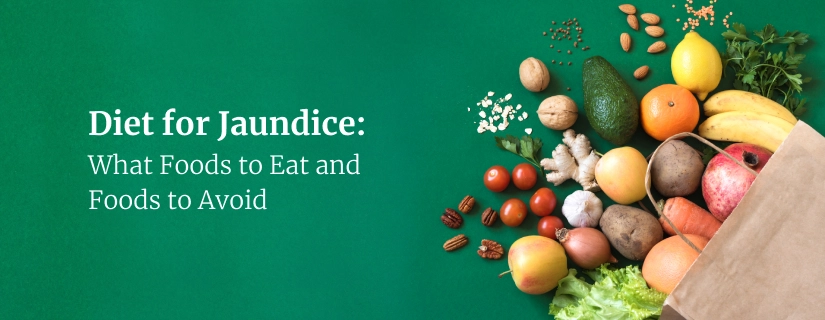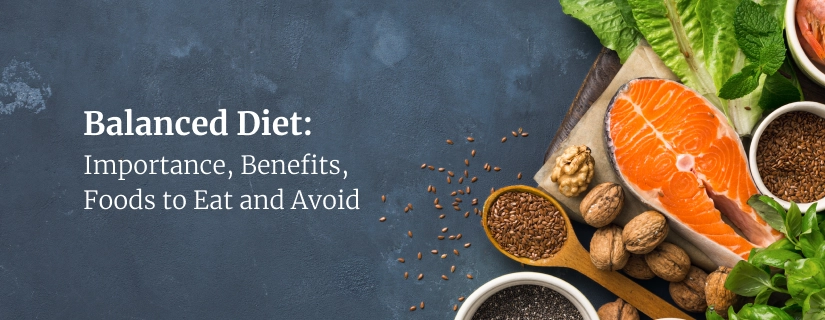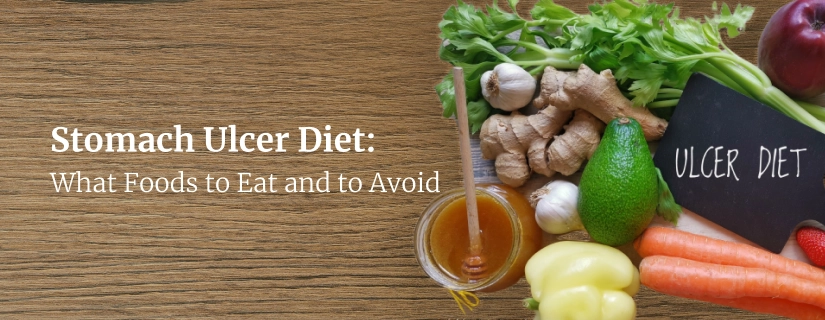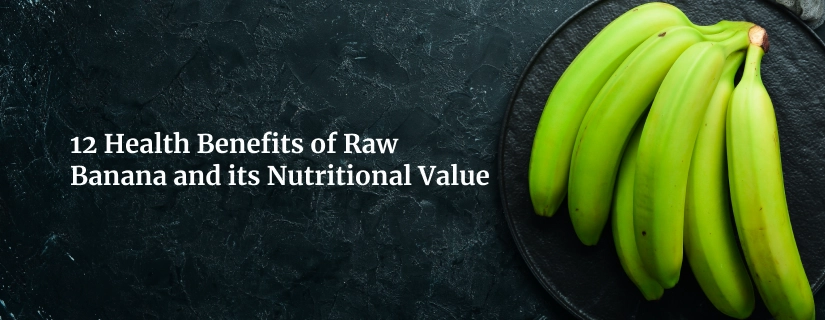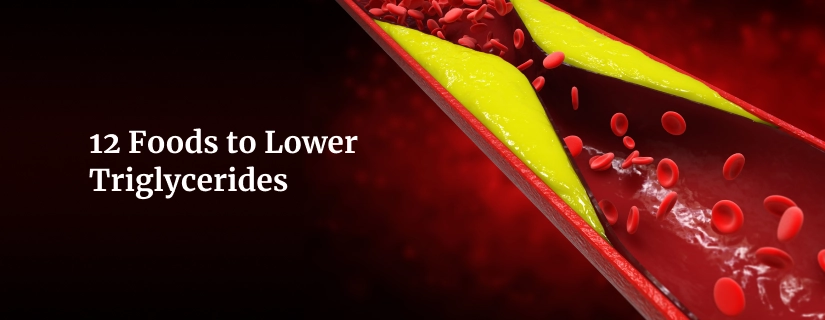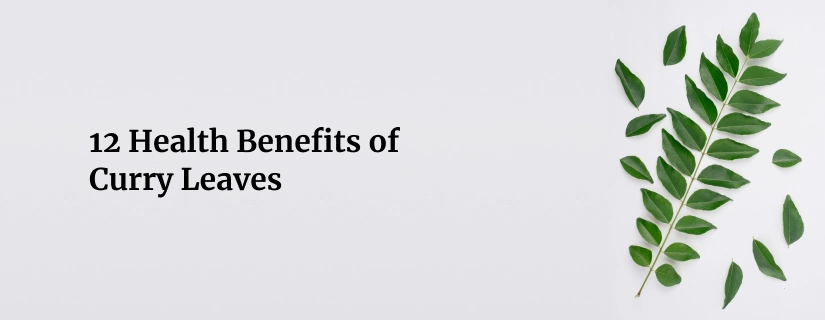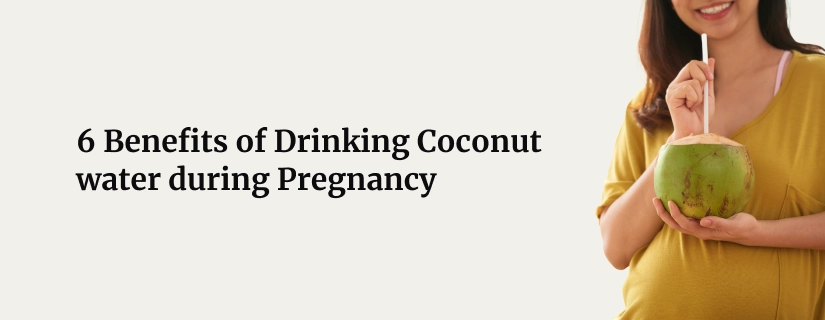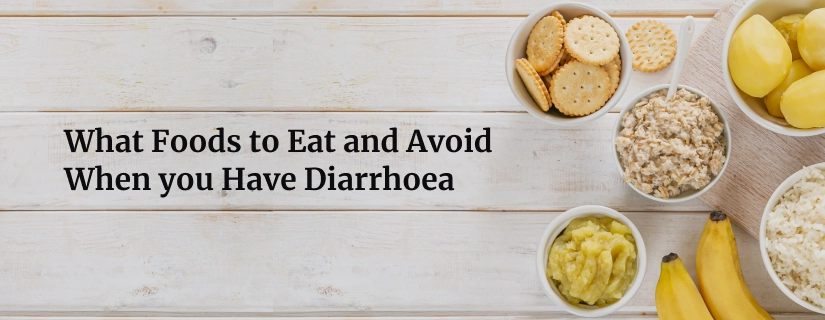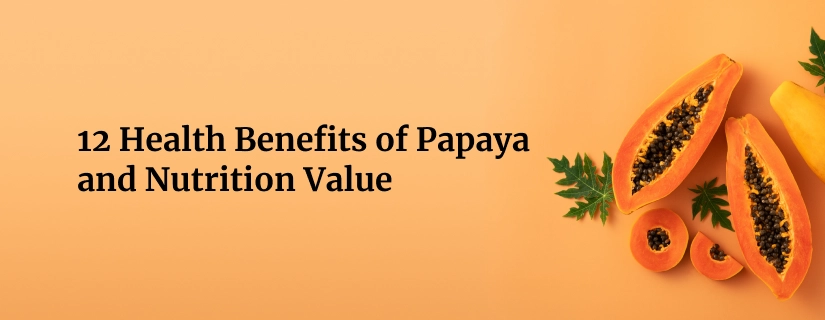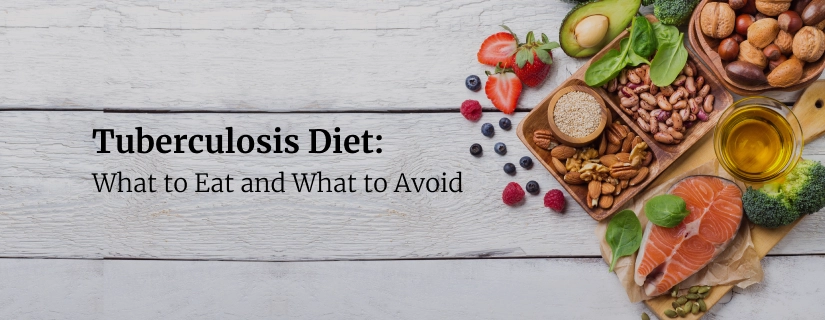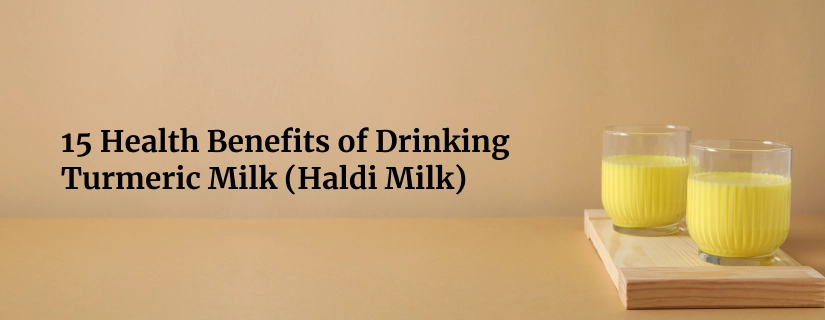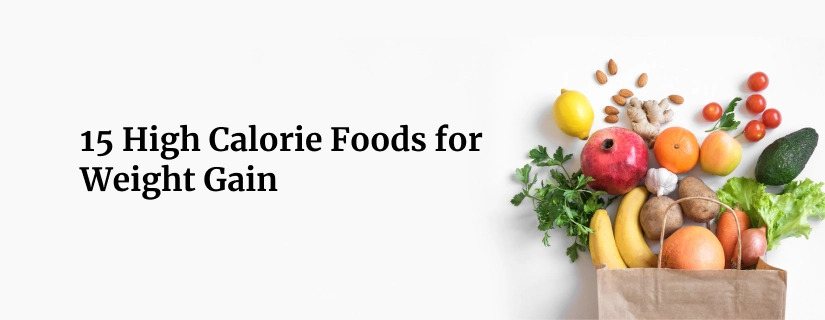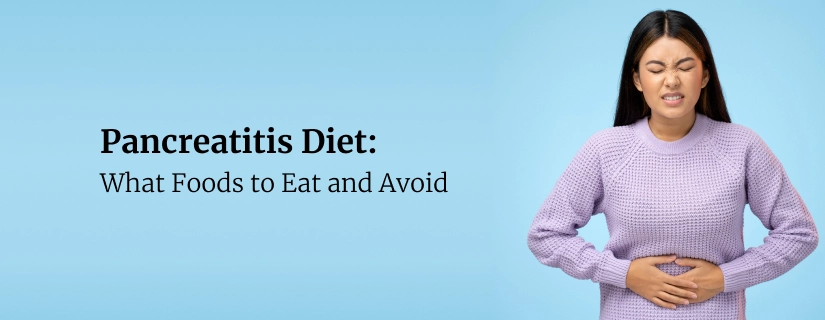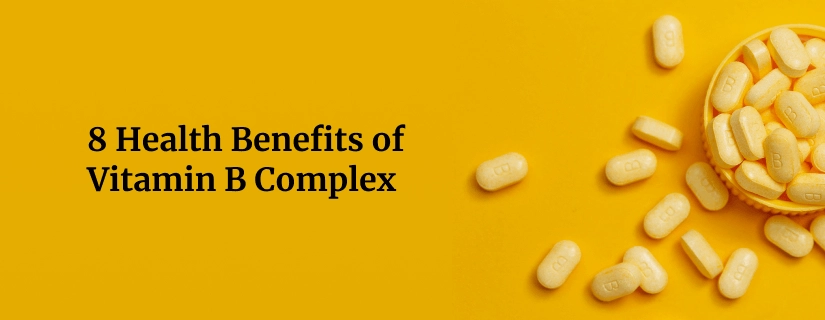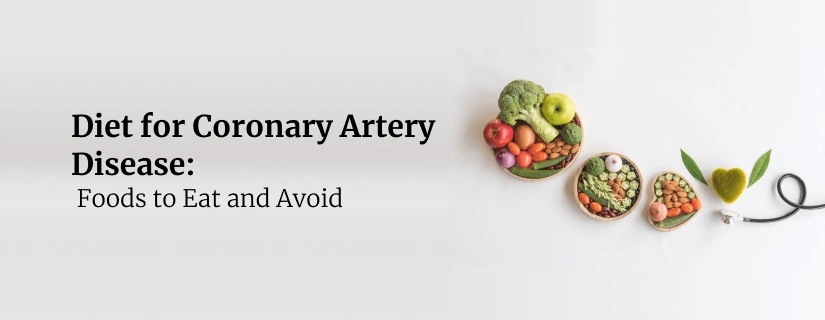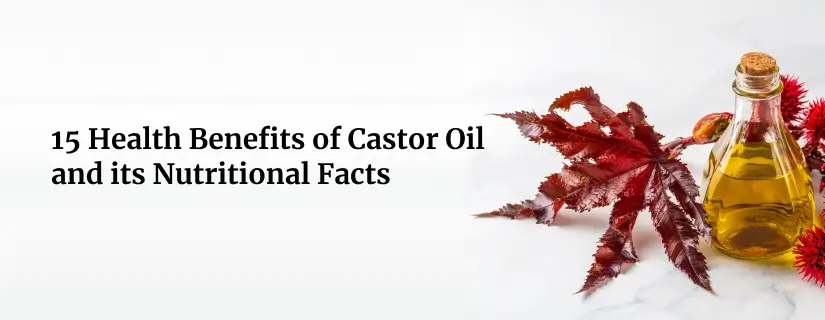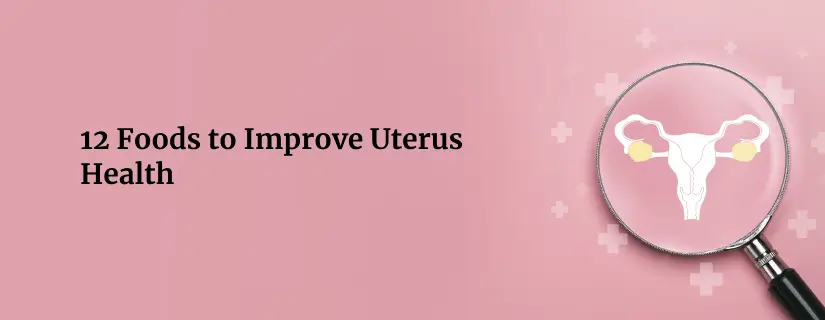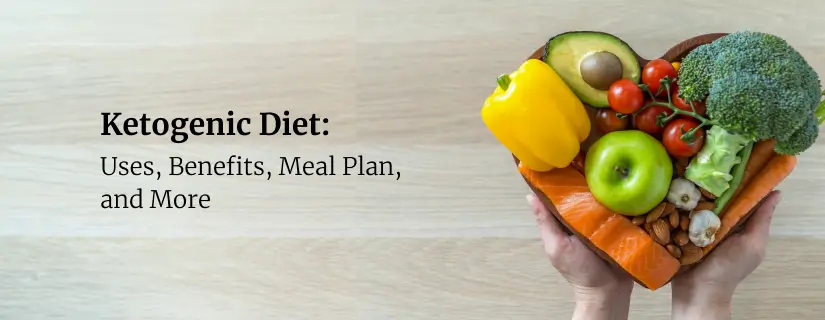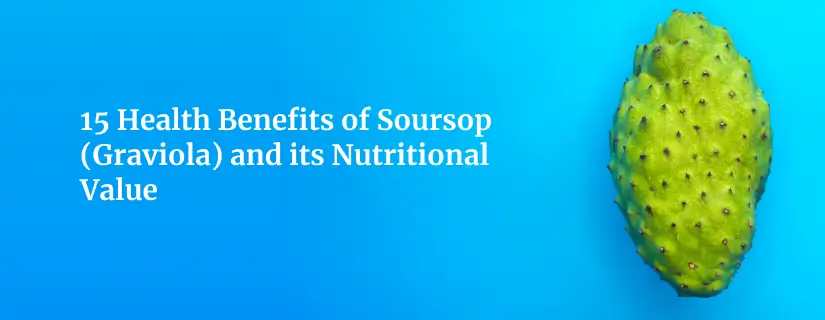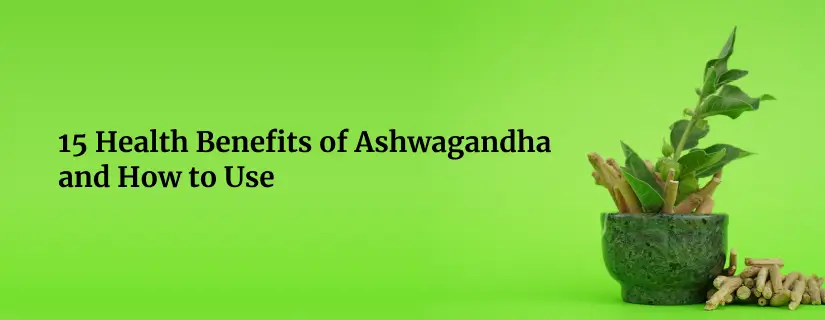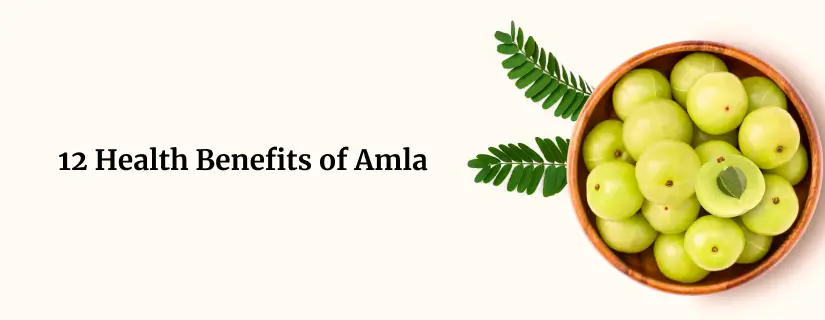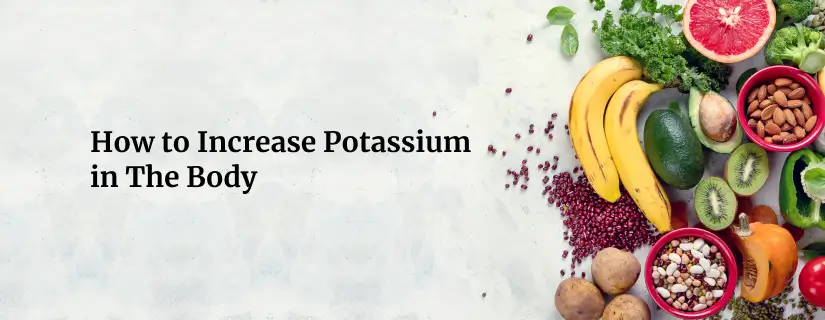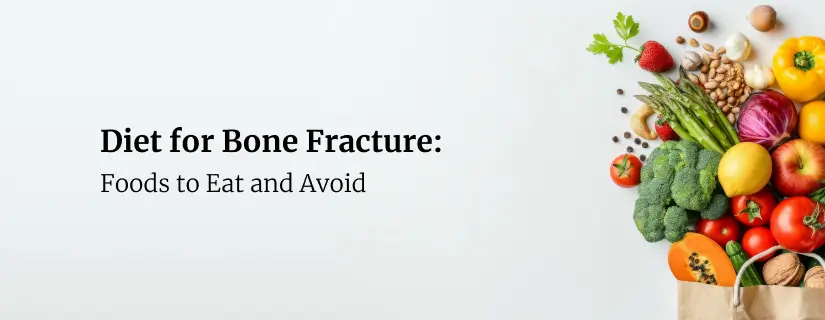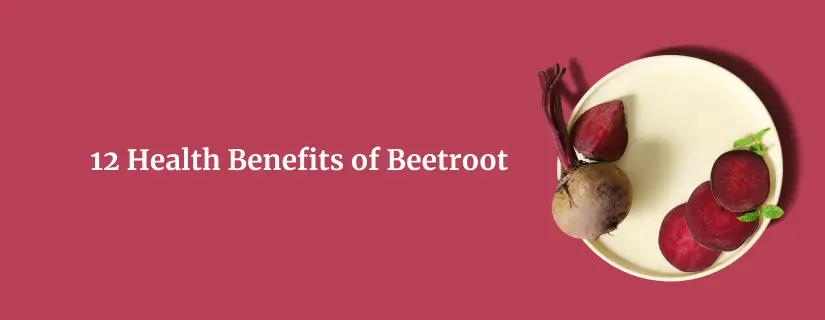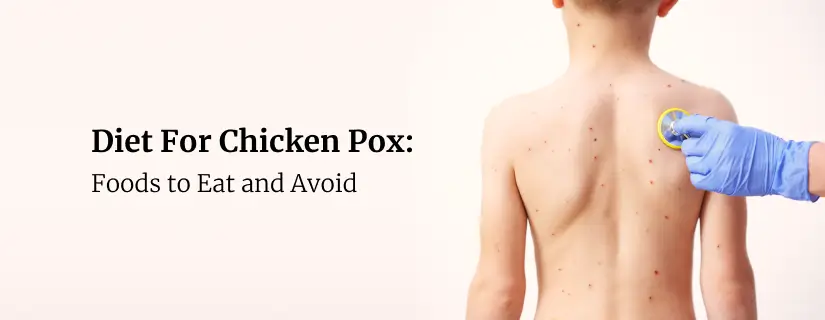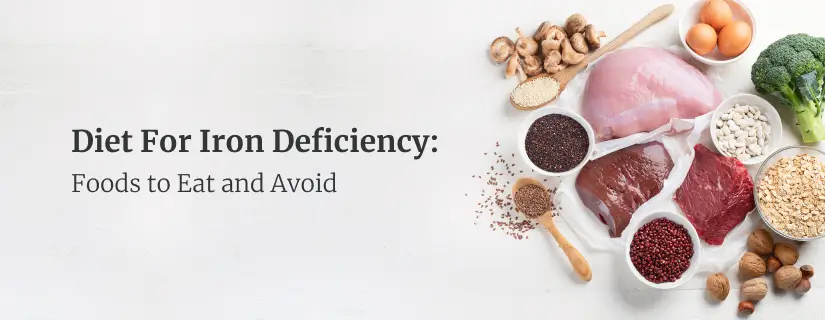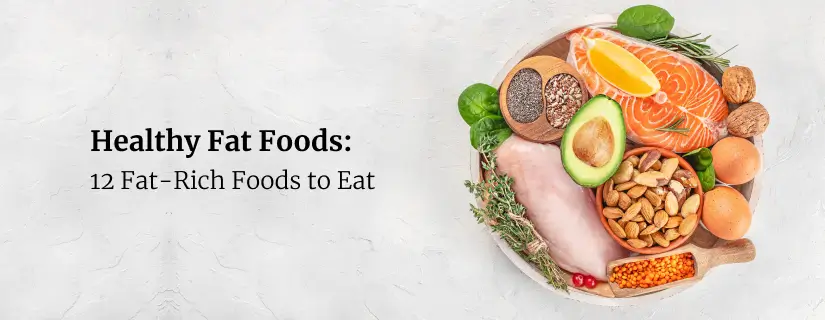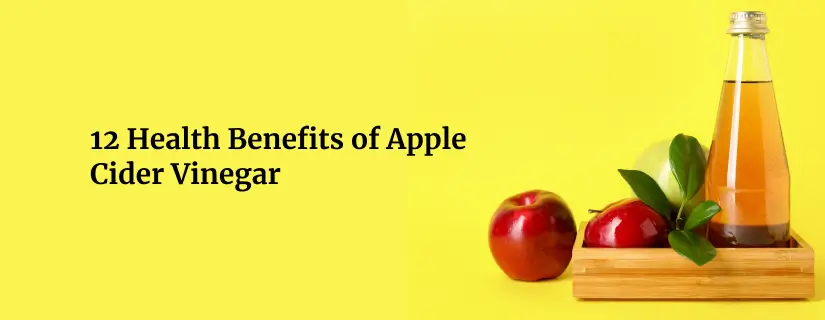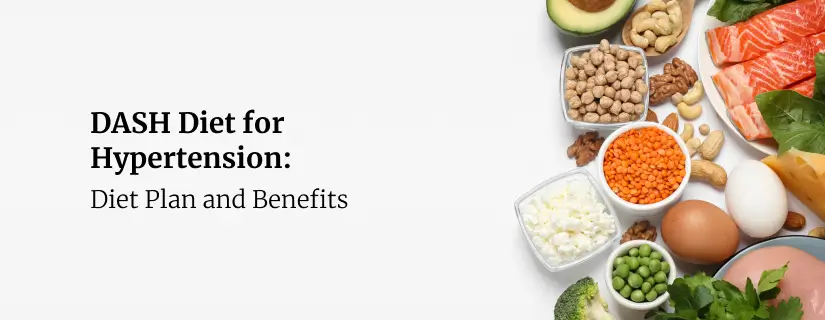-
Doctors
-
Specialities & Treatments
Centre of Excellence
Specialties
Treatments and Procedures
Hospitals & Directions HyderabadCARE Hospitals, Banjara Hills CARE Outpatient Centre, Banjara Hills CARE Hospitals, HITEC City CARE Hospitals, Nampally Gurunanak CARE Hospitals, Musheerabad CARE Hospitals Outpatient Centre, HITEC City CARE Hospitals, Malakpet
HyderabadCARE Hospitals, Banjara Hills CARE Outpatient Centre, Banjara Hills CARE Hospitals, HITEC City CARE Hospitals, Nampally Gurunanak CARE Hospitals, Musheerabad CARE Hospitals Outpatient Centre, HITEC City CARE Hospitals, Malakpet Raipur
Raipur
 Bhubaneswar
Bhubaneswar Visakhapatnam
Visakhapatnam
 Nagpur
Nagpur
 Indore
Indore
 Chh. Sambhajinagar
Chh. SambhajinagarClinics & Medical Centers
Book an AppointmentContact Us
Online Lab Reports
Book an Appointment
Consult Super-Specialist Doctors at CARE Hospitals
Pregnancy: Can Certain Foods Improve Baby’s Complexion?
Updated on 3 May 2023
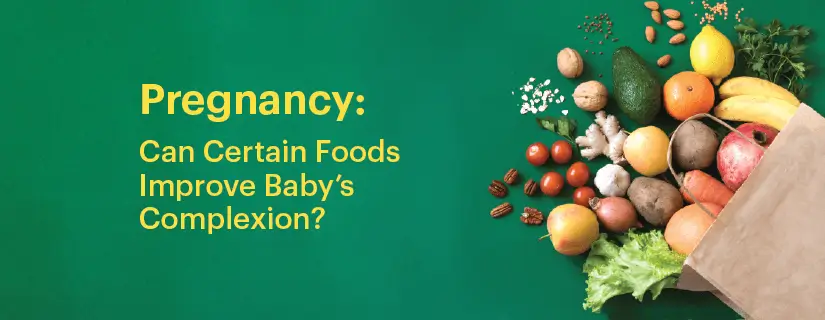
A pregnant woman needs about 1,800 calories per day during the first trimester, which should be increased to 2,200 calories per day in the second trimester. Add about 200 calories more in the third trimester to meet the requirements of the growing baby.
Some nutrients are necessary for the growth of the foetus and they are also believed to ease certain discomforts of pregnancy like nausea, constipation, heartburn, leg cramps, swelling and oedema, and headaches. Always keep your gynaecologist in the loop regarding your diet as every individual can have food restrictions during pregnancy based on several factors such as lifestyle, physical changes, and hormonal changes. Let us now understand.
What to eat during pregnancy?
Some general foods to eat during pregnancy:
Healthy dairy
Not everyone can consume lots of milk, especially during pregnancy when a lot of smells can become unappetising. But dairy is a good source of calcium and protein, which help your baby’s bones develop. Yogurt or curd during pregnancy is also said to influence the complexion of the fetus. The healthy probiotics present in curd or yogurt keep off heartburn and are the source of essential nutrients. Dairy can also be taken in the form of homemade paneer/cottage cheese which has a lower fat content. In general, 500ml of regular milk consumption per day or its equivalent meets the daily requirement of calcium and dairy.

Vegetables
Consume a large variety of vegetables as they are the best source of fiber and nutrients without packing up calories and cholesterol. Leafy vegetables are rich in folate, a nutrient essential for the healthy brain and spinal development of the foetus.
Due to the variety of ways vegetables can be consumed, it helps with cravings during pregnancy. Blend them up in smoothies to cool yourself, or toss up a salad for a refreshing crunch. If nausea bothers you or your tummy cannot take heavy food, steam some veggies or make a soup for soothing comfort. Some vegetables that are full of healthy nutrition are sweet potato, spinach, carrots, squash, salad greens, cucumber, capsicum, cauliflower, beans, tomatoes, and evergreen potatoes.

Fruits
Just like vegetables, fruits in all colours can be the healthiest way out when you crave sweets. They are a natural source of fiber and fructose for energy. Some nutritious options are:
- Watermelon: the most hydrating way to balance electrolytes in the body.
- Bananas: never go wrong with bananas, a rich source of potassium – the happy nutrient, and iron. It is very light on the tummy and a healthy filling option during hunger pangs.
- Oranges: are a good source of vitamin C, as are all citrus fruits. The refreshing fragrance of citrus fruits keeps off nausea and helps in hydration during morning sickness.
- vocados: are not native to India but can be available in superstores. It contains healthy fats and folate. This super-food is also rich in vitamin K, vitamin B, fiber, magnesium, and potassium
- Apples: are the richest source of fiber in the fruit kingdom and can be had by diabetics too. It nourishes the body with vitamins and potassium.

Fruits to avoid during pregnancy
These fruits may have a harmful effect during pregnancy:
- Papaya: Raw or partially ripe papayas contain latex, which can cause premature contractions. However, ripe papaya consumed in moderation is a good source of iron and vitamins.
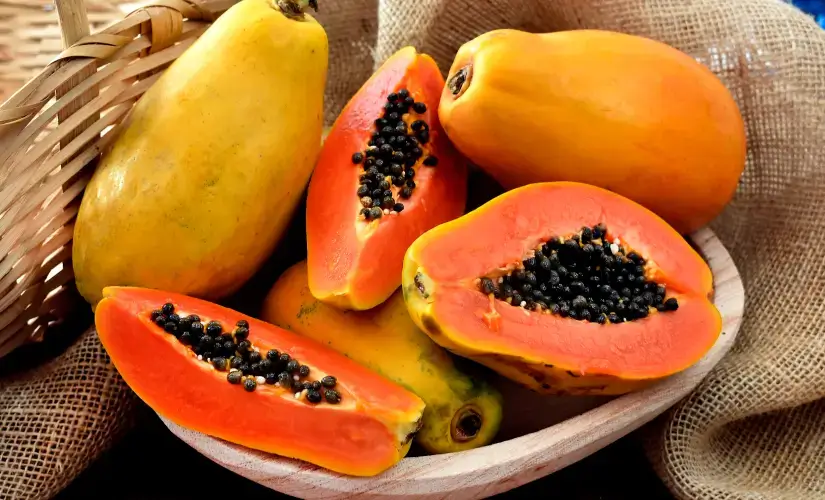
- Pineapple: It has enzymes that can cause diarrhea and at worst, premature contractions.

- Grapes: They can be consumed in small quantities for pregnant women but should be avoided in the last trimester as they may increase body heat.

Consuming raw food requires special care while pregnant. Do not use knives used for other raw foods that may have bacteria, and always rinse your raw fruit thoroughly. Rinsing your fruit is important because bacteria can be found on the outer rind or peel, which could cause disease or harm you and your baby. Cut off damaged or bruised spots to help remove any bacteria hidden in such areas.
Also, be careful if your blood sugar spikes due to fructose in fruits and you notice abnormal weight gain. Fruits in moderation are fine for those who get gestational diabetes.
Proteins
Healthy proteins can be had in vegetarian or non-vegetarian forms. Proteins help the baby grow and aid in brain and heart development. One or two servings of healthy protein can be had daily through these vegetarian protein options like beans, rajma/kidney beans, lobia/black-eyed peas, peanuts, nuts, cottage cheese, and lentils/daals of all varieties. Healthy non-vegetarian options are eggs, fish, chicken, lamb, and lean meat.
Never consume raw or partially cooked eggs and meat. Dangerous bacteria can be ingested with partially cooked meat. Avoid mayonnaise as it is prepared with raw eggs.
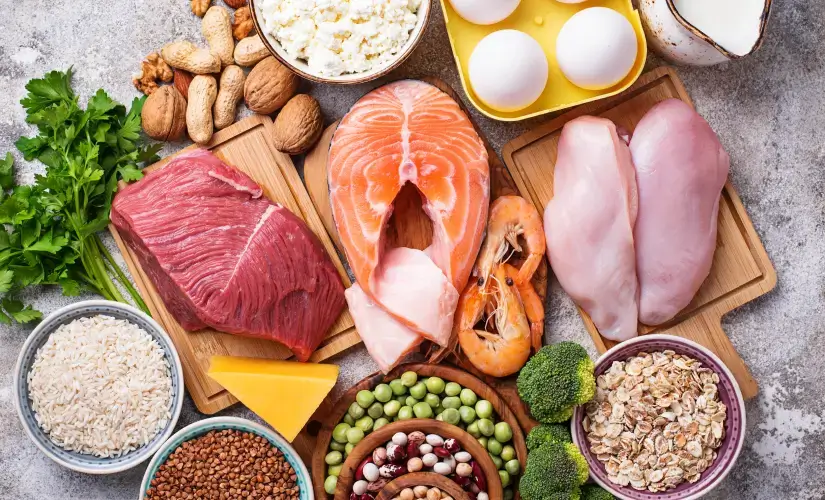
Carbohydrates
An essential part of the prenatal diet is grains and whole grains. The staples of rice and bread of all types form the base of the prenatal diet. A normal Indian diet that includes whole grains in the form of chapati, dosa, dalia, vada, idli, and sattu take care of the daily nutritional need. The whole grains used in the Indian diet help with constipation and hemorrhoids during pregnancy.
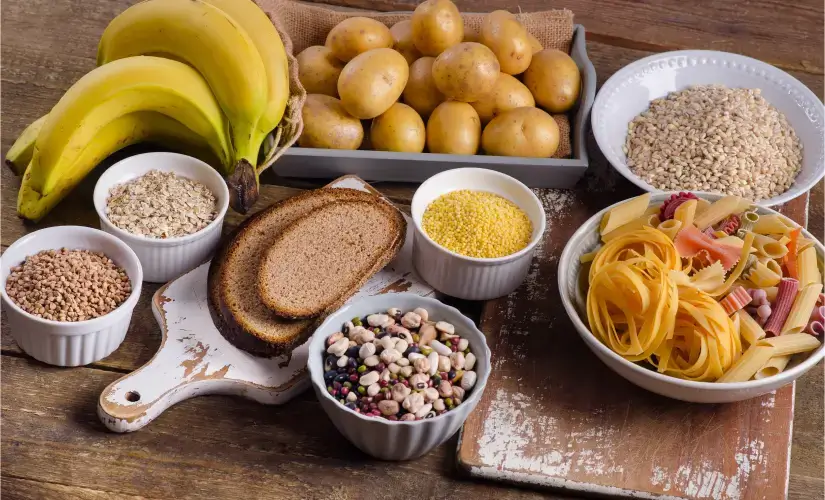
Healthy options also include oats, potatoes, sweet potatoes, cereals, brown rice, and pulao. These foods have sufficient fiber, iron, B vitamins, and folic acid, which help the baby’s physical development.
Conclusion
A healthy diet goes a long way in a healthy pregnancy. Like eating, drinking healthy is vital. Avoid caffeine and alchohol and drink plenty of water to make those wonderful nutrients reach the baby quickly. There isn't a one-size-fits-all meal plan for expecting mothers, but following these basics gets rid of complications. It's important to see a gynecologist at CARE Hospitals which is the best hospital for pregnancy in Hyderabad with world-class treatment and experienced gynecologists.

ENQUIRY FORM
SELECT CATEGORIES
-
Neurosciences (16)
-
Neurology (37)
-
Neurosurgery (14)
-
Orthopaedics (48)
-
Oncology (33)
-
Obstetrics and gynecology (51)
-
Pulmonology (23)
-
Urology (20)
-
Nephrology (13)
-
Psychiatry (7)
-
Dietetics and Nutrition (111)
-
General Medicine (63)
-
Cardiac Sciences (30)
-
Vascular & Endovascular Surgery and Interventional Radiology (10)
-
Gastroenterology (46)
-
Endocrinology (23)
-
Plastic Surgery (10)
-
Critical Care Medicine (5)
-
COVID-19 (16)
-
Dermatology (16)
-
Emergency Care (1)
-
Ophthalmology (4)
-
Pediatrics (14)
-
Laparoscopic and Bariatric Surgery (8)
-
ENT (15)
-
Kidney Transplant (1)
-
Liver Transplantation and Hepatobiliary Surgery (5)
-
General Surgery (3)
-
Internal Medicine (5)
-
Medicine Information
How to Manage Type-2 Diabetes with Diet?
Which Vitamin Deficiency Causes Hair Loss?
YOU MAY ALSO LIKE
RECENT BLOGS
-

Direct Anterior Approach in Total Hip Replacement: Advantages and Challenges
10 April 2025
Read More
-

Zinc Deficiency: Signs and Symptoms, Causes, Treatment
9 April 2025
Read More
-

Chest Pain When Coughing: Causes, Treatment and Home Remedies
9 April 2025
Read More
-

12 Health Benefits of Eating Mushrooms
8 April 2025
Read More
-

7 Health Benefits of Blood Donation You Should Know About
8 April 2025
Read More
-

Implantation Bleeding Vs Periods: Know the Difference
28 February 2025
Read More
-

Bloating During Ovulation: Symptoms, Causes and Remedies
28 February 2025
Read More
-

Itching During Dengue: Causes, Treatment and Home Remedies
18 February 2025
Read More
Have a Question?
If you cannot find answers to your queries, please fill out the enquiry form or call the number below. We will contact you shortly.





